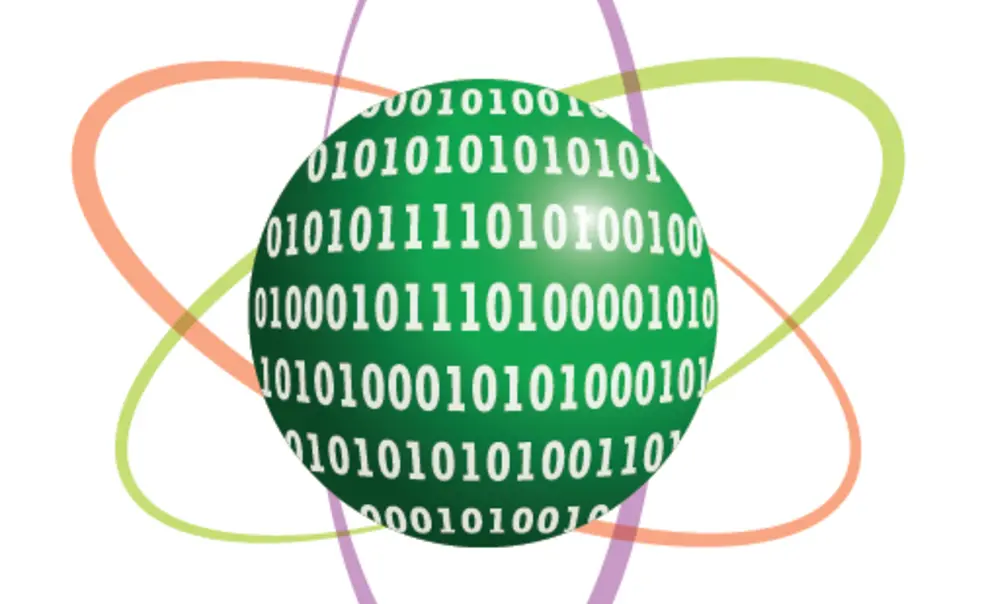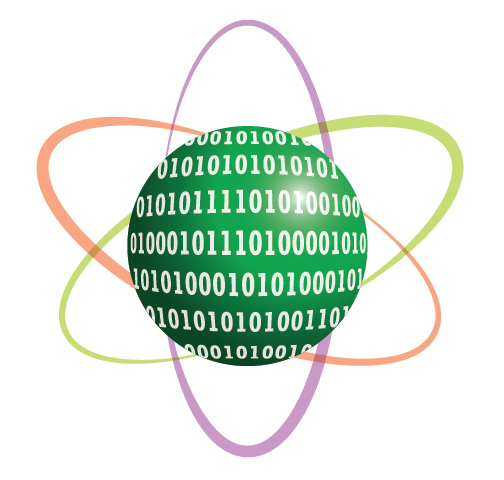FYI: Findings
Researchers may be one step closer to developing large-scale QUANTUM COMPUTERS — which could greatly expand the power and versatility of computing — thanks to work by a group of Princeton scientists. A team led by physics professor Jason Petta has created a technique that may allow researchers to encode information using spin states — information about how electrons are spinning — instead of the bits used in current computing, which could make certain types of computation more efficient. The findings were published in the journal Nature in October.
From credit-default swaps to mortgage-backed securities, few topics are more bewildering than the financial collapse that led to the GREAT RECESSION. Yet economics professor Alan S. Blinder ’67 makes the collapse’s origins remarkably clear in “After the Music Stopped: The Financial Crisis, the Response, and the Work Ahead” (Penguin Press). Blinder argues that emergency government action, much-criticized, in fact prevented a worse catastrophe.
Among the conclusions of “The Peace Puzzle: America’s Quest for Arab-Israeli Peace, 1989–2011” (Cornell University Press) is that transitions from one U.S. president to another needlessly scuttle the ARAB-ISRAELI PEACE process. Woodrow Wilson School professor Daniel C. Kurtzer joined with his fellow experts to write the book, which analyzes why Arabs and Israelis can’t make peace and how America has played a key role in one of modern history’s most dismal records of failure.













No responses yet